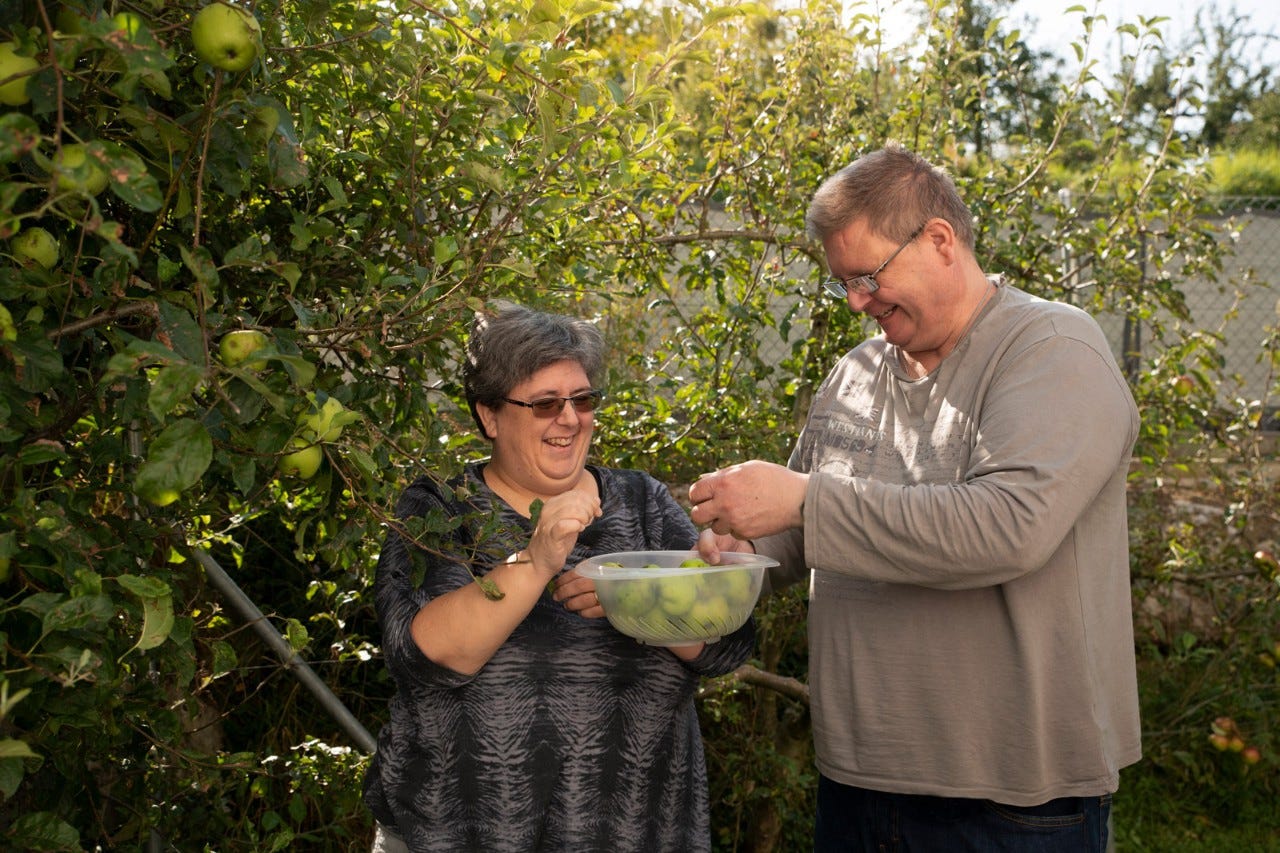Toxic friends and how to handle them
Even best friends argue from time to time, but what if you often feel exhausted or depressed after talking to them?

Crises are human and perfectly normal – even in the closest friendships. It’s about how you handle them. If disagreements are to end peacefully, Krüger explains that it’s important to also mention what you like about your friendship. “You could say, for example: ‘Karin, I enjoy spending time with you and think you’re wonderful, but the fact that you’re always half an hour late drives me up the wall’.” And at the end of the conversation, you should ask yourself how you want to handle things in the future.
If the most recent argument has shaken up the friendship enough to cause lasting damage, it may be time to rethink the relationship. If you no longer want to invite the person to your birthday or don’t pick up the phone when they call, it’s high time that you called time on the friendship.
There are difficult phases in every friendship, says Krüger. But: "If you feel worse after talking to someone than you did before, the friendship has no future." Even if friends constantly criticize or take advantage of us, we should reconsider the friendship and end it if necessary.
Time to say goodbye?
Assuming you’ve tried everything to save the friendship, including talking to your friend and taking time for self-reflection. But you still notice that something isn’t right. What’s next? Krüger explains that you have the option of just winding the friendship down. You check in with the person less and less until the contact simply withers away, “like a plant that you don’t water anymore”. But this may not be the most respectful or elegant solution and, of course, isn’t suitable for every kind of friendship.
The second option is to confront your friend and explain why you can no longer continue the friendship. “You can do so either face-to-face or write down how you feel in a letter,” says Krüger. It’s important to explain clearly why you want to end the friendship – not only out of respect for the other person, but for your own peace of mind, too.
It can be painful to end a friendship and egos can be hurt in the process. That’s why Krüger recommends asking yourself honestly how much you value the friendship: “Often you can tell beforehand that something isn’t really right anymore.” In most cases, your gut instinct will be consistent with your decision to end a friendship.
Signs of a toxic friendship
And then there are friendships that are not healthy from the start – they are toxic. Perhaps your friend is constantly criticising you, using you for your business contacts or thinking that they always know better without engaging in a real discussion with you. Maybe that person projects their own insecurities onto you, is simply unable to accept criticism or bosses you around all the time. Friendships like these are not healthy. So you don’t have to feel bad if you cut your ties with this person.
How to avoid toxic friendships
However, there are ways to make sure you don’t slip into toxic friendships in the first place. For example, by boosting your own self-esteem. “This is the best protection against toxic friendships,” says Krüger. He recommends telling yourself how great you are at least once a week. Meditation, therapy or keeping a journal can also help. Or you can work with your inner child and identify trained ideas or negative beliefs, for example.
This will help you bolster your self-respect and self-esteem, and enable you to free yourself from toxic relationships. You end them in the same way as other relationships: by giving clear reasons for your decision and explaining what upsets you. “This is necessary when the other person has harmed our self-esteem through criticism and devaluation,” Krüger explains.
Be honest with yourself
A big challenge is to recognise toxic traits in yourself and ask yourself how these are affecting your friendships. “We usually recognise mistakes that we make when friends withdraw from us or complain. Hopefully we then see that we’ve been treating them badly,” says Krüger. Talking can help identify patterns of negative behaviour.
Your inner child may play a role here: “Such behaviour is pretty much always a continuation of childhood patterns that we now have to reflect on,” explains Krüger. However, overcoming toxic behaviour in friendships can be so difficult and hard-hitting that Krüger advises undergoing psychotherapy.



